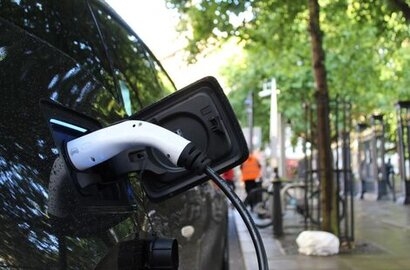
The change will apply to both new and existing alternatively fuelled vehicles (AFVs). Zero emission cars first registered on or after 1 April 2017 will be liable to pay the lowest first year rate of VED which currently applies to vehicles with CO2 emissions 1 to 50g/km. From the second year of registration onwards, zero emission cars will move to the standard annual rate.
To ensure all drivers begin to pay a fairer tax contribution, this measure will bring electric vehicles, which do not currently pay VED, and AFVs and hybrids, which pay a discounted rate, into the motoring tax system, in the same way as petrol and diesel vehicles.
The government will continue to use the tax system to support the transition to electric vehicles, including using favourable first-year VED rates for the lowest-emission cars; favourable Company Car Tax rates for low-emission vehicles, and through generous first year capital allowances for zero-emissions cars and vans as well as for EV chargepoint equipment. The government will also continue to support the transition to EVs more broadly, including through the continuation of the plug in van grant and banning the sale of new petrol and diesel cars and vans from 2030.
Schedule 2 of VERA 1994 will be amended so that the electrically propelled vehicle exemption no longer applies to cars, vans and motorcycles. The exemption for cars with low CO2 emissions will also be omitted. Schedule 1 will be amended so that electric cars, vans and motorcycles are liable to pay the same rates as petrol and diesel vehicles. Schedule 1 will also be amended so that new electric cars will be eligible to pay the higher rate of duty, commonly known as the expensive car supplement.
“Demand for electric cars is picking up steam with more and more people looking to reduce emissions and air pollution, avoid emission charges and enjoy new technology” said Olly Jones, co-founder of EV subscription service elmo. “The government's decision to impose VED on pure EVs is disappointing, but unlikely to have a significant impact on demand. Perhaps, more significant is the decision to uphold the very low BIK tax rate (2 percent until 2025) and then only increase it by 1 percent a year until 2028. Thanks to this, drivers able to get their car through their work, either as a company car or through salary sacrifice, can continue to unlock significant savings by choosing to go electric. The government's position on BIK for EVs is hugely positive and outweighs the disappointment of removing the VED exemption.”
For additional information:

